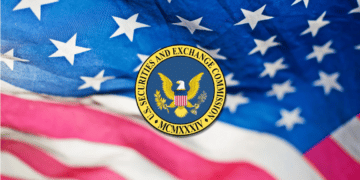People interested in broadening their knowledge and terms like cryptocurrency education should know that regulation plays a major role in crypto. Today’s cryptonews show that the Japanese crypto regulation could benefit a lot of players in the long term, according to a new report.
One game development company known as Double jump.tokyo, which is the company behind the legendary game My Crypto Heroes, introduced So & Sato which is a law firm specializing in cryptocurrency and blockchain. The law firm released a report yesterday, covering all aspects of digital assets in the Asian nation, from tokenized securities up to crypto derivatives.
The Japanese crypto regulation looks impressive. So Saito along with Joerg Schmidt (both from So & Sato) spoke to the Japanese blockchain news outlets in an interview where they said that local regulations for cryptocurrency exchanges are “far stricter” than ones in most countries. However, they also said that this would be beneficial in the long run as it encourages the traditional financial world to get involved.
“The market is highly regulated in Japan. What seems to be a regulatory overkill, at first sight, is likely to help the market to mature in the mid to long term. This will allow more institutional players to enter the market and to increase their stake in the digital asset space,” the statement reads.
The Japanese crypto regulation related to cryptocurrency use in Japan generally falls under the Payment Services Act (PSA) as well as the Financial Instruments and Exchange Act (FIEA). All amendments passed for both acts are tightening existing regulations and will enter into force in May.
Therefore, under the new PSA regulations, all cryptocurrency exchanges in Japan must obtain a license through the country’s Financial Services Agency (FSA) while the foreign-based exchanges must hold a license both in their home jurisdiction as well as in Japan. The report shows:
“To register as a crypto asset exchange [in Japan], companies must meet certain criteria. Local companies must be incorporated as a stock company and have a minimum capital of JPY 10 million. An exchange must further ensure that its net assets do not fall below the amount of users’ funds that are stored in a hot wallet.”
As the law firm concluded, the most likely exchanges that could be granted these licenses would come from countries such as the United States, where the crypto regulation is more thorough.
DC Forecasts is a leader in many crypto news categories, striving for the highest journalistic standards and abiding by a strict set of editorial policies. If you are interested to offer your expertise or contribute to our news website, feel free to contact us at [email protected]






















Discussion about this post